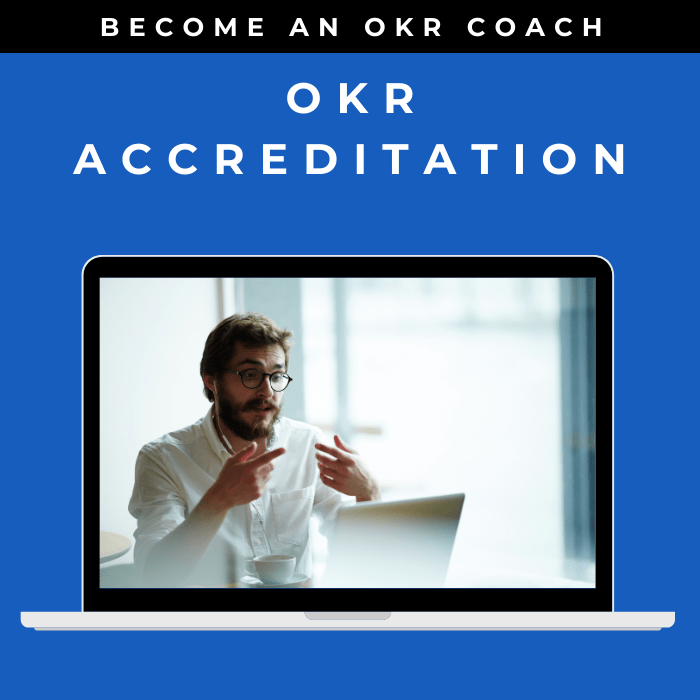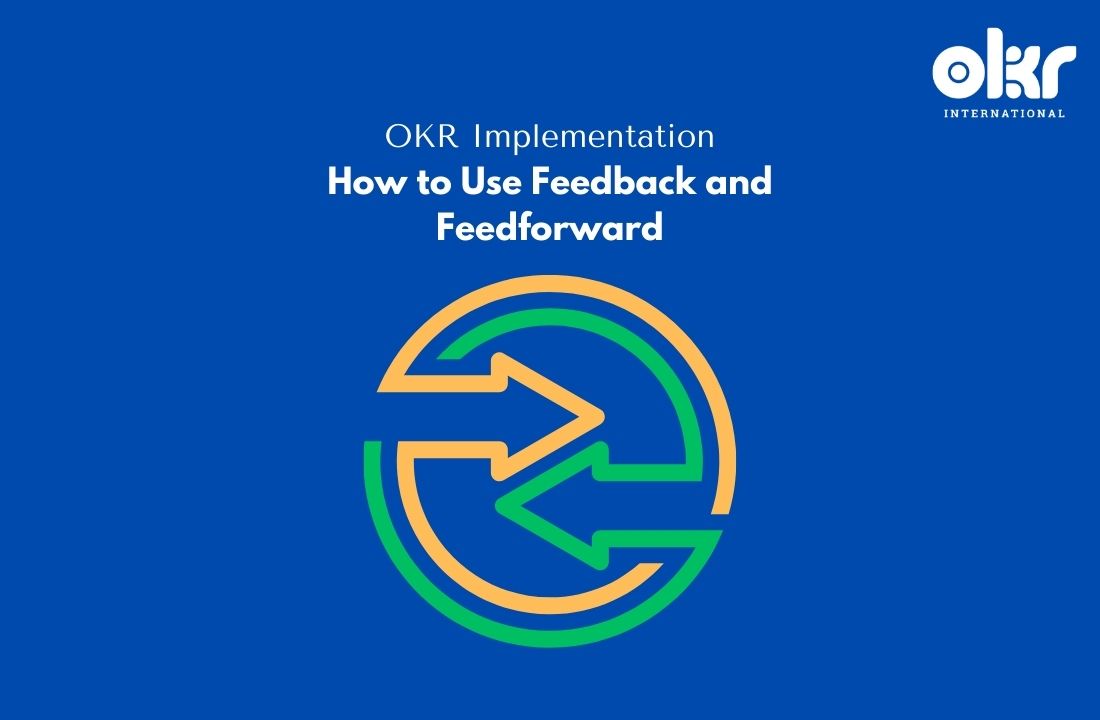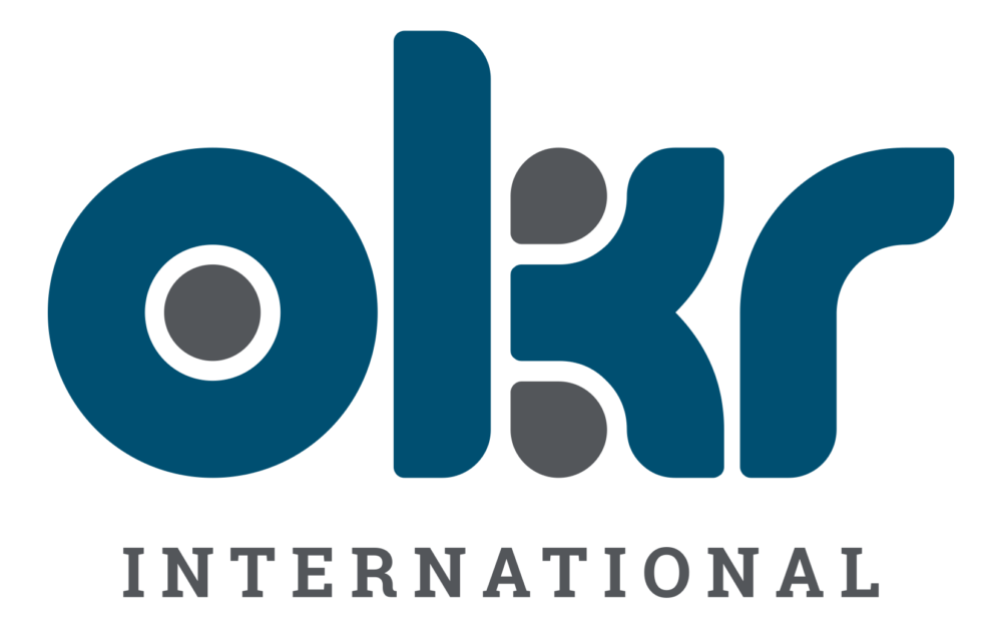How to Use Feedback and Feedforward in OKRs
In today’s corporate world, businesses need dynamic strategies to navigate the course of success. The OKR (Objectives and Key Results) model provides such a framework. However, the power of feedback and feedforward in OKRs cannot be overlooked. This blog post will delve into the pivotal role of these tools, explaining how they can help companies stay on track and meet their objectives.
Understanding the Basics: OKRs
What are OKRs?
OKRs, or Objectives and Key Results, are a goal-setting framework for defining and tracking objectives and their outcomes. They enable organizations to align goals across individual, team, and company levels, driving forward momentum and fostering a culture of accountability.
The Importance of Feedback and Feedforward
Why Feedback and Feedforward Matter in OKRs
Effective implementation of OKRs requires both feedback and feedforward. Feedback focuses on past performance and allows for constructive criticism. On the other hand, feedforward takes a futuristic approach, guiding individuals and teams on what needs to be done to achieve set objectives.
The Role of Feedback
- Assessment: Feedback provides a clear assessment of what worked and what didn’t.
- Accountability: It promotes responsibility by allowing individuals to own their successes and failures.
- Learning: Feedback acts as a learning tool for improving future performance.
The Role of Feedforward
- Clarity: Feedforward provides a clear roadmap of what needs to be done.
- Motivation: It motivates team members to work towards their objectives.
- Adjustment: Feedforward allows teams to adjust their strategies based on anticipated outcomes.
Utilizing Feedback and Feedforward in OKRs
How to Apply Feedback
- Regularly Scheduled Reviews: Plan feedback sessions at regular intervals to assess the progress of OKRs.
- Constructive Feedback: Ensure feedback is constructive and solution-focused.
- Encourage Open Communication: Promote a culture of open dialogue and transparency.
How to Use Feedforward
- Clarify Expectations: Be clear about what you expect from your team in terms of OKRs.
- Regular Updates: Provide regular updates on objectives and key results.
- Encourage Proactivity: Motivate team members to anticipate challenges and develop solutions.
Embracing the Benefits of Feedback and Feedforward
Enhanced Team Engagement
When teams understand that their efforts are being noticed and their performance evaluated, they are more likely to engage in their tasks. The dual process of feedback and feedforward encourages teams to participate actively, increasing overall engagement and productivity.
Effective Decision Making
Feedback informs about past actions, whereas feedforward provides guidance on future endeavors. The insights gained from both significantly influence decision-making, aiding in better planning and strategy development.
Fostered Accountability
One of the most critical advantages of feedback and feedforward within the OKR model is increased accountability. When teams receive constructive feedback on their work, they take responsibility for their successes and shortcomings. Similarly, feedforward encourages proactive behaviour, making individuals accountable for their future actions.
Implementing Feedback and Feedforward in Your Organisation
The Process of Feedback
- Recognise Achievement: Highlight successes and the specific actions that led to them.
- Identify Challenges: Point out areas that didn’t go as planned without assigning blame.
- Discuss Improvements: Suggest actionable steps to improve performance and achieve OKRs.
The Process of Feedforward
- Share Goals: Be transparent about the desired outcomes from the OKRs.
- Discuss Strategies: Share the strategies and actions required to achieve these goals.
- Inspire Action: Encourage your team to take proactive steps towards the desired outcomes.
Frequently Asked Questions
1. How often should we provide feedback and feedforward in OKRs? There isn’t a one-size-fits-all answer to this. The frequency should be determined based on the nature of your business, the complexity of the OKRs, and the team’s requirements.
2. How can we ensure that feedback and feedforward are effective? To make feedback and feedforward effective, they should be constructive, clear, specific, timely, and actionable. Furthermore, creating a safe and supportive environment for communication is essential.
3. Can feedback and feedforward be negative? While feedback and feedforward should be honest, they should always be constructive. They are meant to improve performance, not to demoralize or belittle team members.
4. Can feedback and feedforward be used outside of OKRs? Yes, feedback and feedforward can be applied in various scenarios, such as personal development, mentoring, coaching, and performance management, to name a few.
5. How can a manager effectively deliver feedback and feedforward? A manager should aim to provide balanced feedback, mixing positive recognition with areas for improvement. The delivery should be clear, specific, and respectful. As for feedforward, managers should provide clear direction and motivate individuals to think proactively about future tasks.
6. How does feedback and feedforward support the continuous improvement process in an organization? Feedback allows for reflection on past performance, identifying areas for improvement. Conversely, feedforward guides future actions, ensuring that the lessons learnt from the feedback are incorporated into the strategic plan, thereby supporting continuous improvement.
Conclusion
Feedback and feedforward in OKRs are like two sides of a coin, both indispensable for navigating the course of success. Through their systematic implementation, organisations can enhance productivity, foster engagement, and ultimately achieve their strategic objectives. Adopting these techniques marks a definitive step towards creating a culture of accountability, continuous learning, and forward-thinking in your organization.
Explore Our Range of Services
Bring OKRs (Objectives and Key Results) to your organisation with our tried & tested OKR Framework.


OKR International’s highly acclaimed Certified OKR Practitioner Program is the first and only OKR accreditation endorsed by ICF & HRCI for continuing education units.
OKR International helps leaders create the alignment, engagement and result orientation needed for growth by offering OKR Advisory services.




